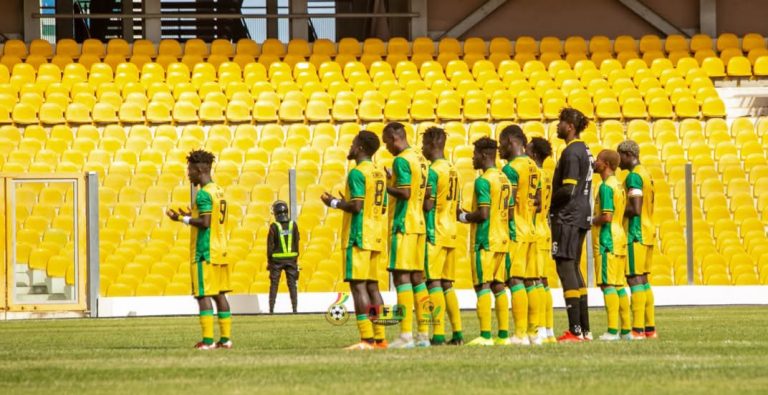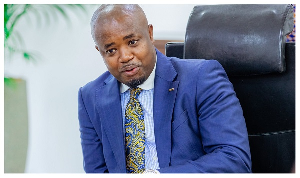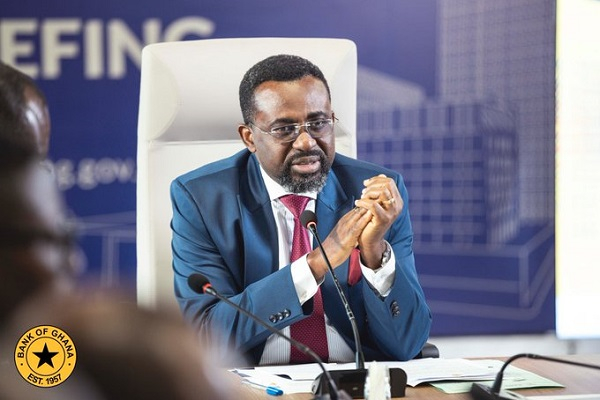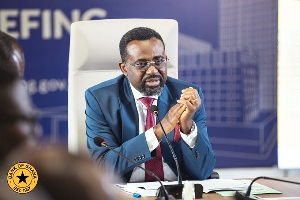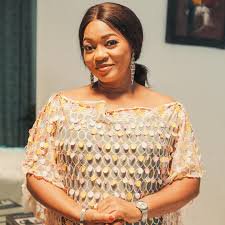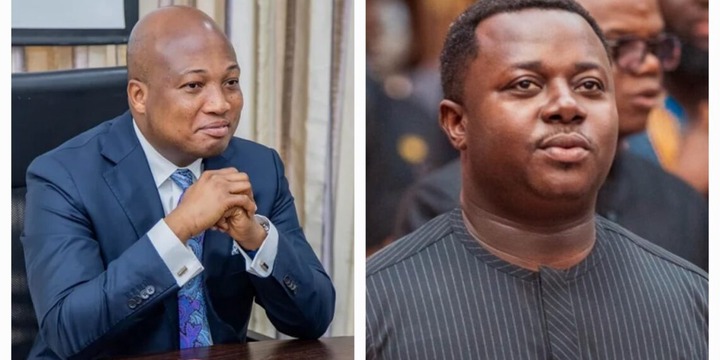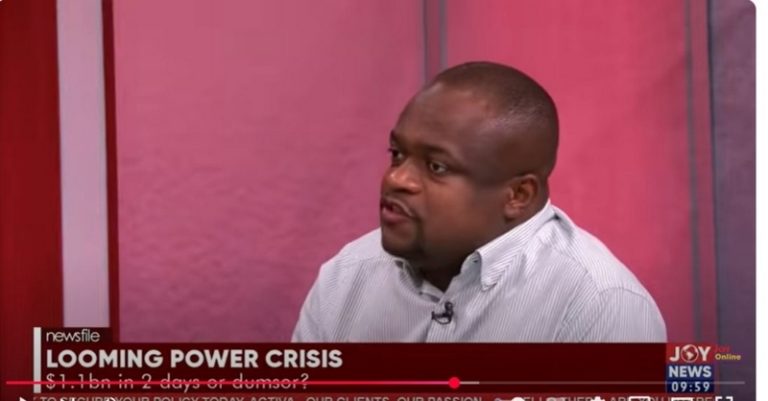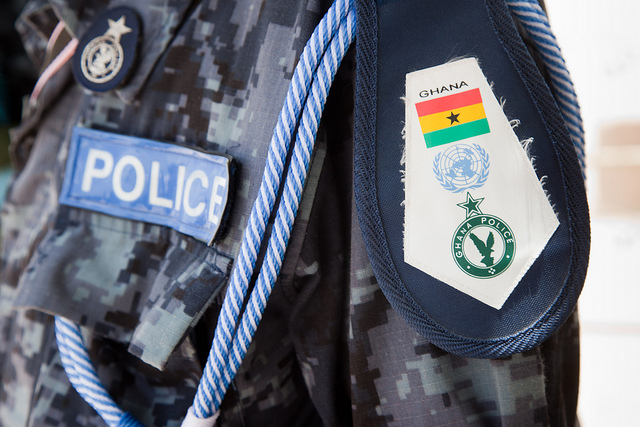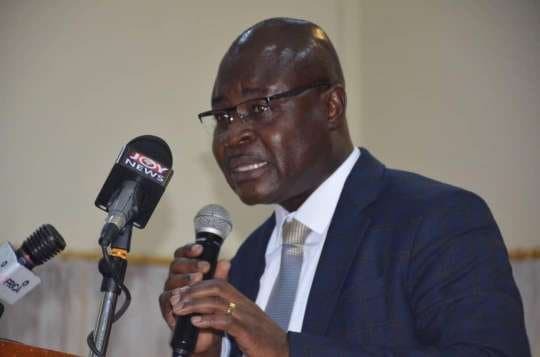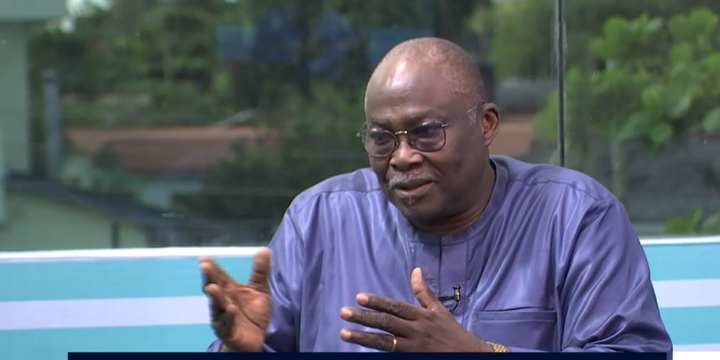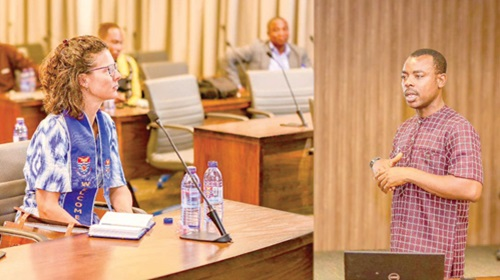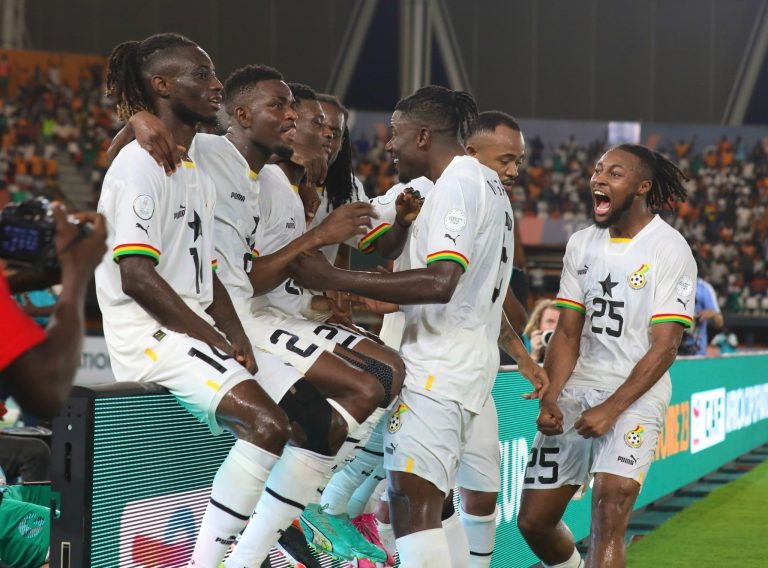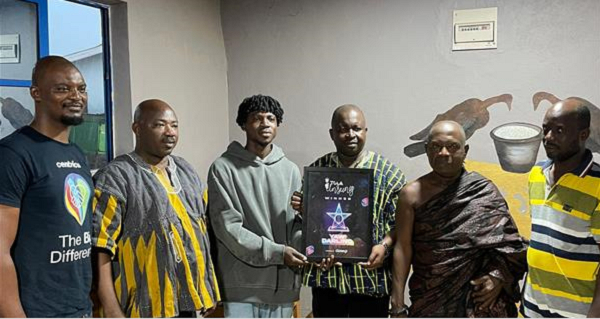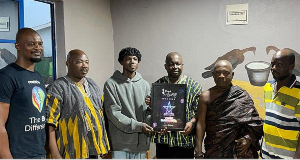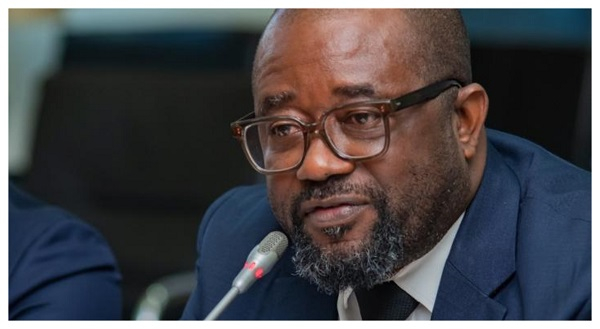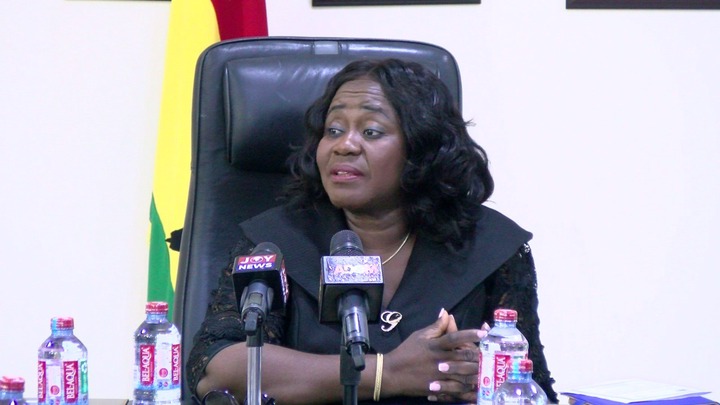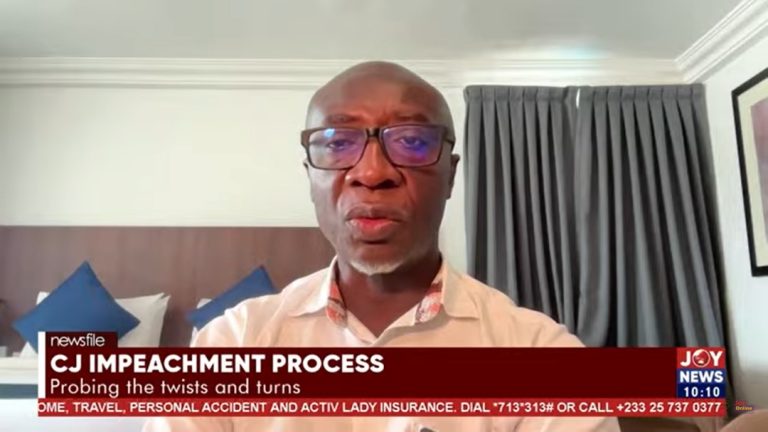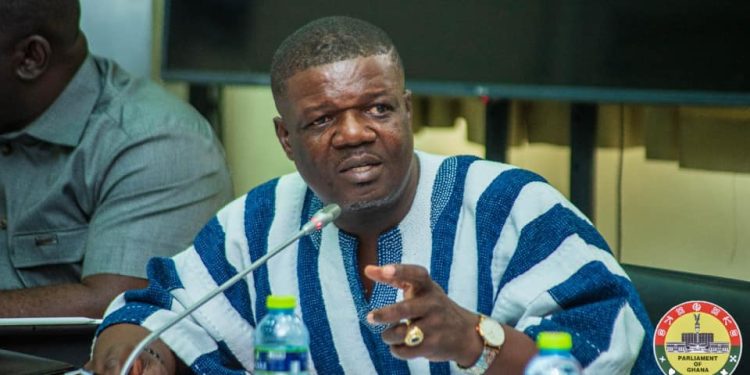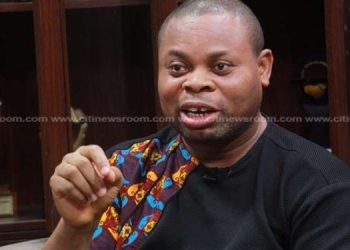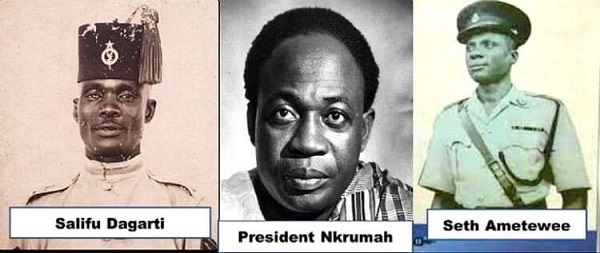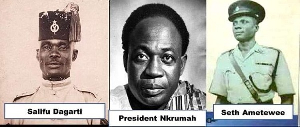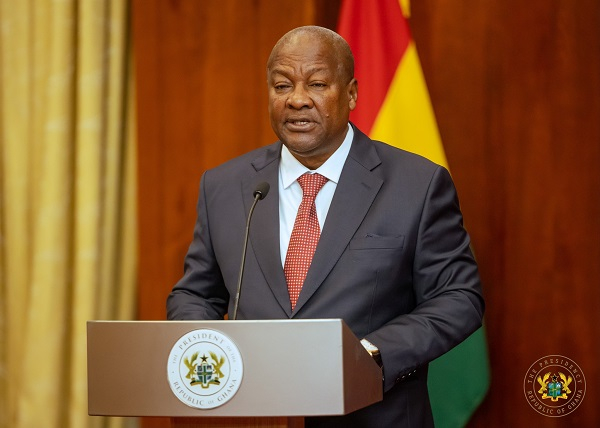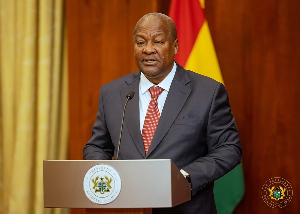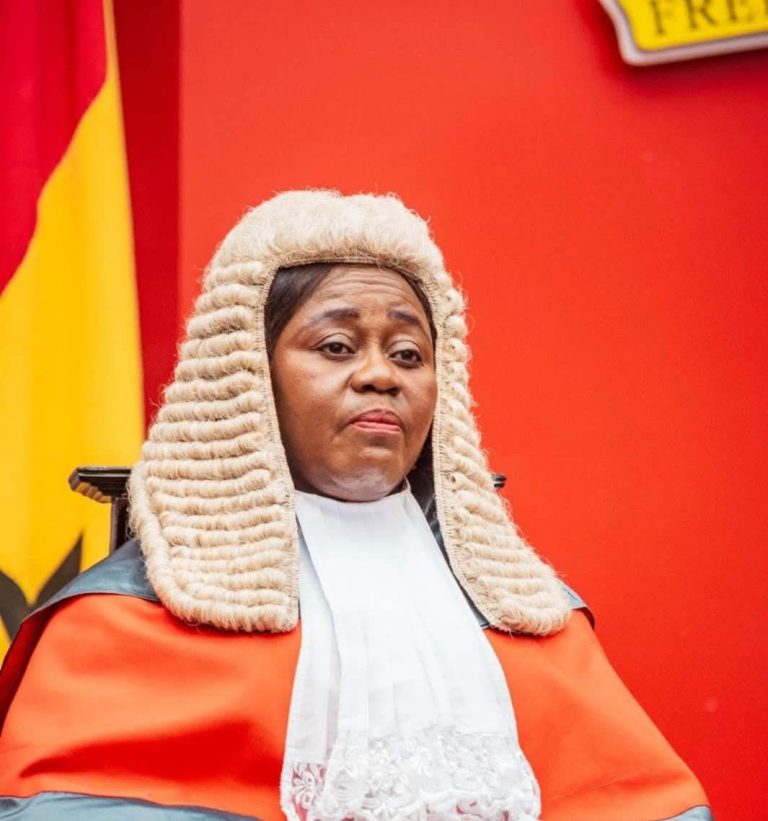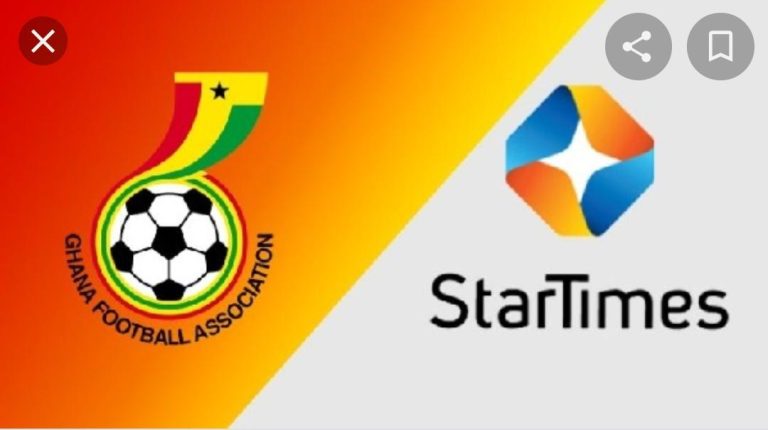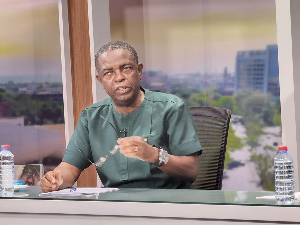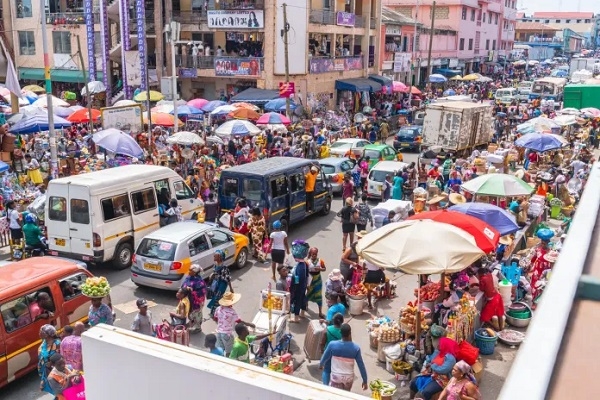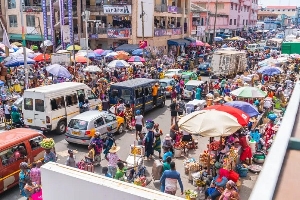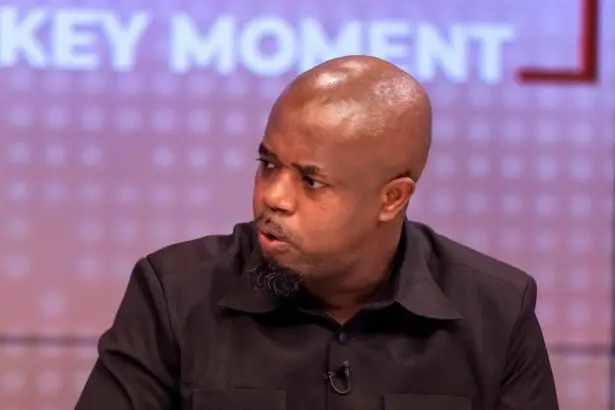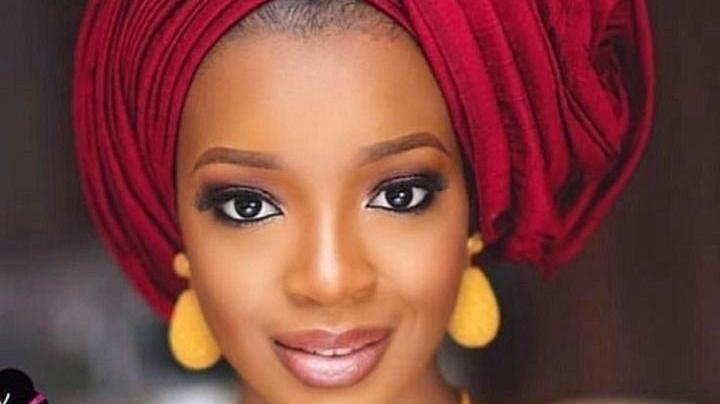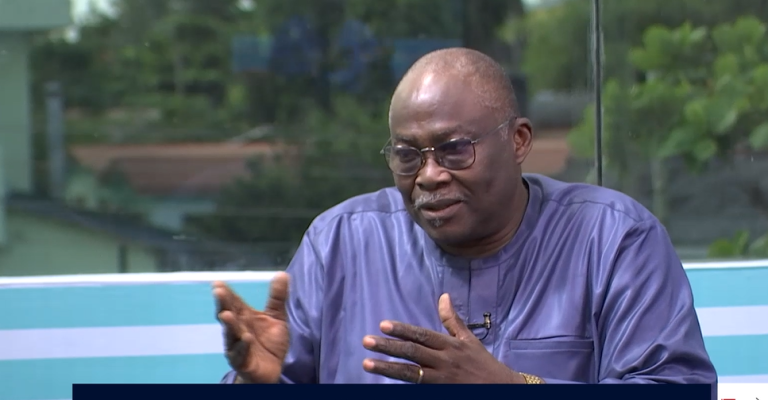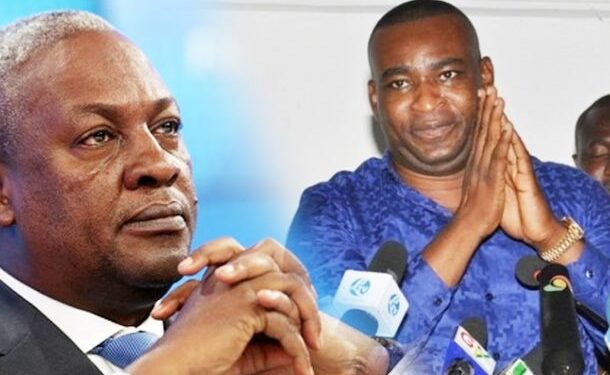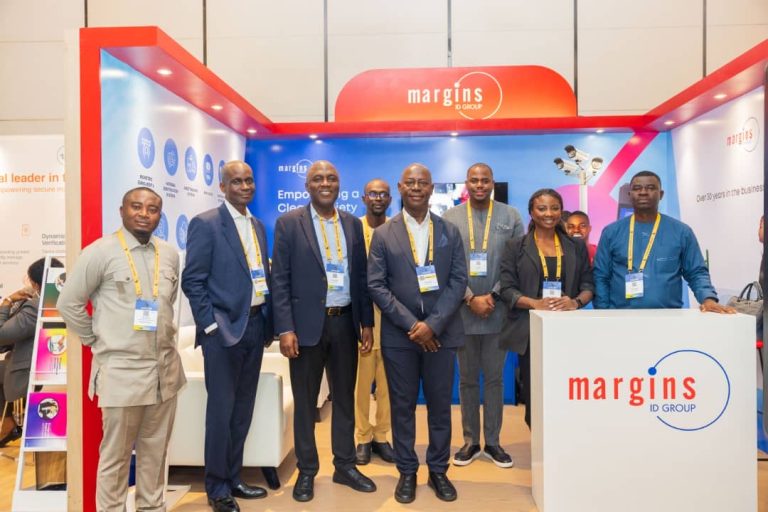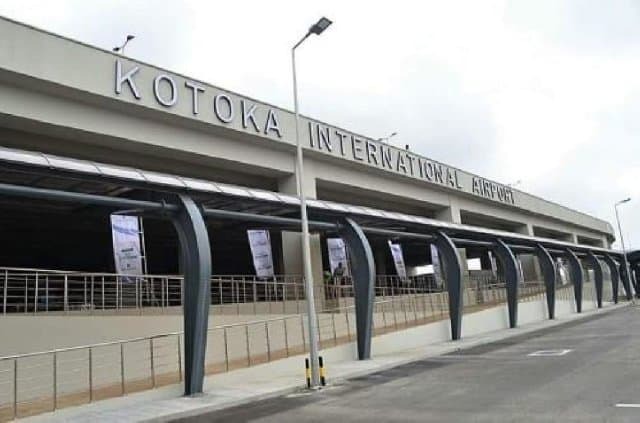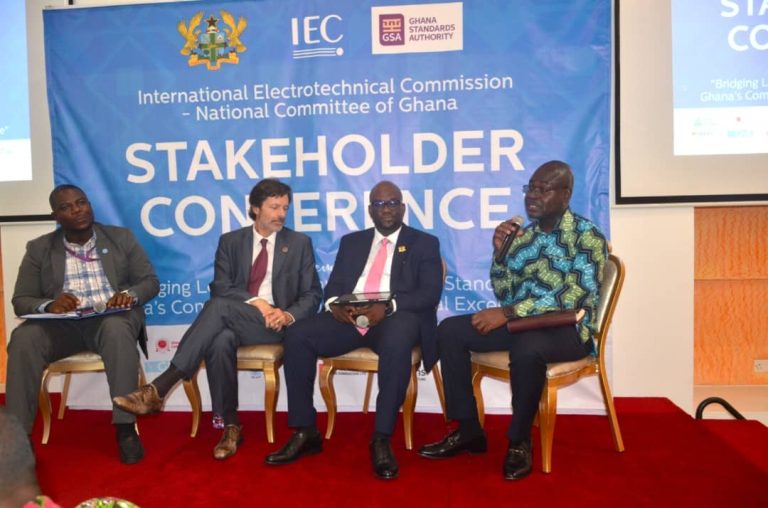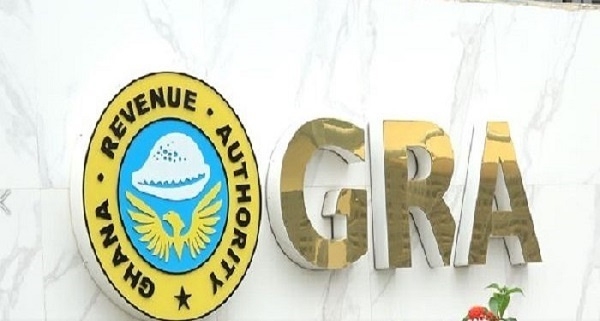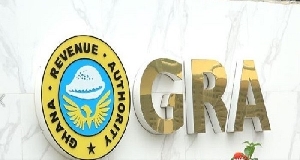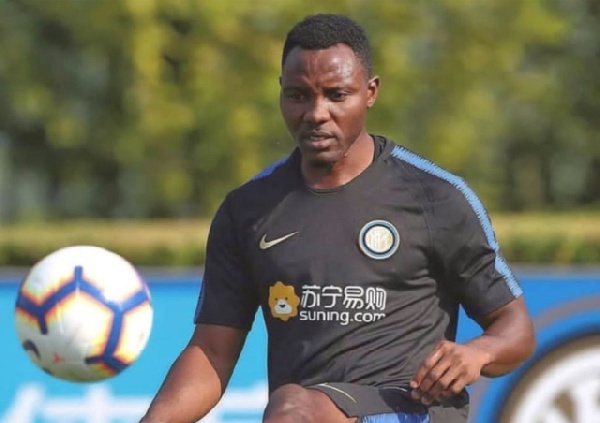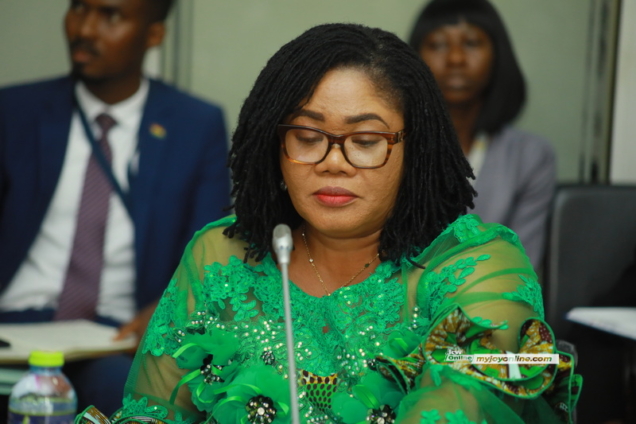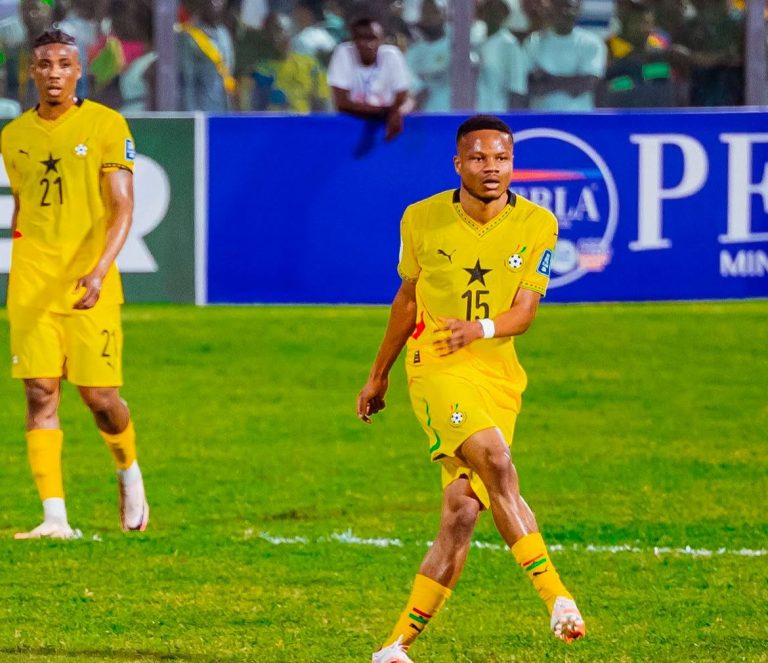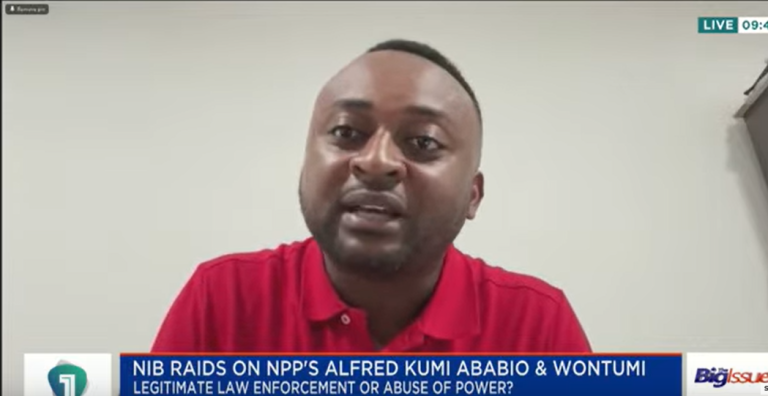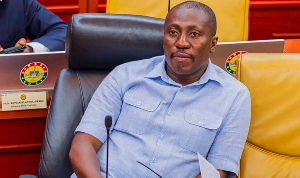Accra, May 24, GNA-The Ministry of Energy and Green Transition has pledged its support to the elevation of Ghana’s IEC National Committee into a full membership in the International Electrotechnical Commission (IEC).
IEC is a global organization that develops and publishes international standards for electrotechnology.
Currently, Ghana is an Associate Member, but is working towards full membership.
“We are convinced that this will open even greater doors for knowledge exchange, capacity building and industrial expansion,” Mr John Jinapor, the Minister of Energy and Green Transition, said in a statement read on his behalf by Mrs Brenda Laryea Adjapawn, Director Human Resources of the Ministry at IEC National Committee stakeholders meeting.
Full membership would allow Ghana to better integrate into a global network of technical experts and access cutting-edge knowledge.
This would help drive local innovation, support sustainable growth, and address long-standing standardization challenges.
The Minister said the theme: “Bridging the local innovation and global standards, Ghana’s commitment to electrotechnical excellence,” deeply aligned with the national energy and industrial vision.
“At its heart, it reflects our drive to anchor Ghana’s transformation in globally benchmarked standards that empower local solutions. Standards are a catalyst for industrial transformation,” he said.
The Minister said as Ghana moved towards a 24-hour economy, the availability of quality, reliable and sustainable energy was critical, underscoring the need for international standards, particularly IEC standards.
Through our collaboration with IEC, we have already adopted 637 IEC standards as national standards, a testament to our commitment to quality and competitiveness, synergies with government priorities.
The Minister acknowledged the tireless work of the Ghana Standards Authority and the National Committee leadership and pledged government’s continuous collaboration.
“Together, let us build an all-electric, standard-compliant, globally competitive Ghana,” he added.
Professor Alex Dodoo, Director-General of Ghana Standards Authority, said a full membership of IEC would allow Ghana to be at the forefront of influencing decision-making.
“If Ghana continues to be an associate member, we are just only users, not makers. And where we’ve reached, Ghana should be part of those influencing the decision-making process, so that our young guys and girls, our young men and women, be part of the international standards for multimedia, for smart media, for AI, and for all the things that the modern world is moving towards,” he said.
Professor Dodoo said the Authority was moving to ensure the enforcement of the over 500 standards that the country had adopted.
He said the GSA had trained 500 trading inspectors, who would be deployed throughout the country to enforce the standards in the electrical and technical equipment area.
“Really, as the country moves towards a 24-hour economy, I cannot stress the importance of ensuring that a quality infrastructure, testing, inspection, enforcement, is available.”
Mr Phillipe Metzger, IEC Secretary General, said.the big advantage of countries acting together internationally is to leverage each other’s know-how, each other’s strengths, and through that create a sort of a multinational base to avoid fragmentation, to work towards interoperability, to work towards gains that can be done both technically and also economically.
IEC was founded by members and needed to cater for the interests of its members, which can be quite diverse, so it’s also about setting the priorities, defining the right balance, because all the members have to be treated in the same way and all the members have to get their advantages out of their contributions to the organisation.
“What we see from an international perspective is that the more determined, the more precise a member, a country is in its ambitions and its goals and knowing where it has to set priorities, the easier it is to pinpoint that also in the international setting and to set the right strategies and the right priorities so that no one is left behind,” he said.
Touching on AI, Mr Metzger said it was important as the core international standards organisation, IEC could be at the forefront of creating the right framework, the right grounds for AI to be used safely and to be used responsibly but also efficiently.
“Every continent will be confronted by AI, will adopt it in one way or the other and it’s particularly important that we have a common understanding, a common grip in a sense on AI so that it doesn’t go completely astray in one continent and on another it’s entirely controlled. We have to create a framework for everybody, we are a global organisation and that’s absolutely key in our mission,” he said.
Professor Amevi Acakpovi, the President of the IEC National Committee of Ghana, said the Committee worked directly with the global IEC for the adoption of electrotechnical standards in Ghana and also on conformity assessment.
He said the conference was to bring back lessons to stakeholders who used the standards in various industries to share experiences and learn from each other.
GNA
CA/
